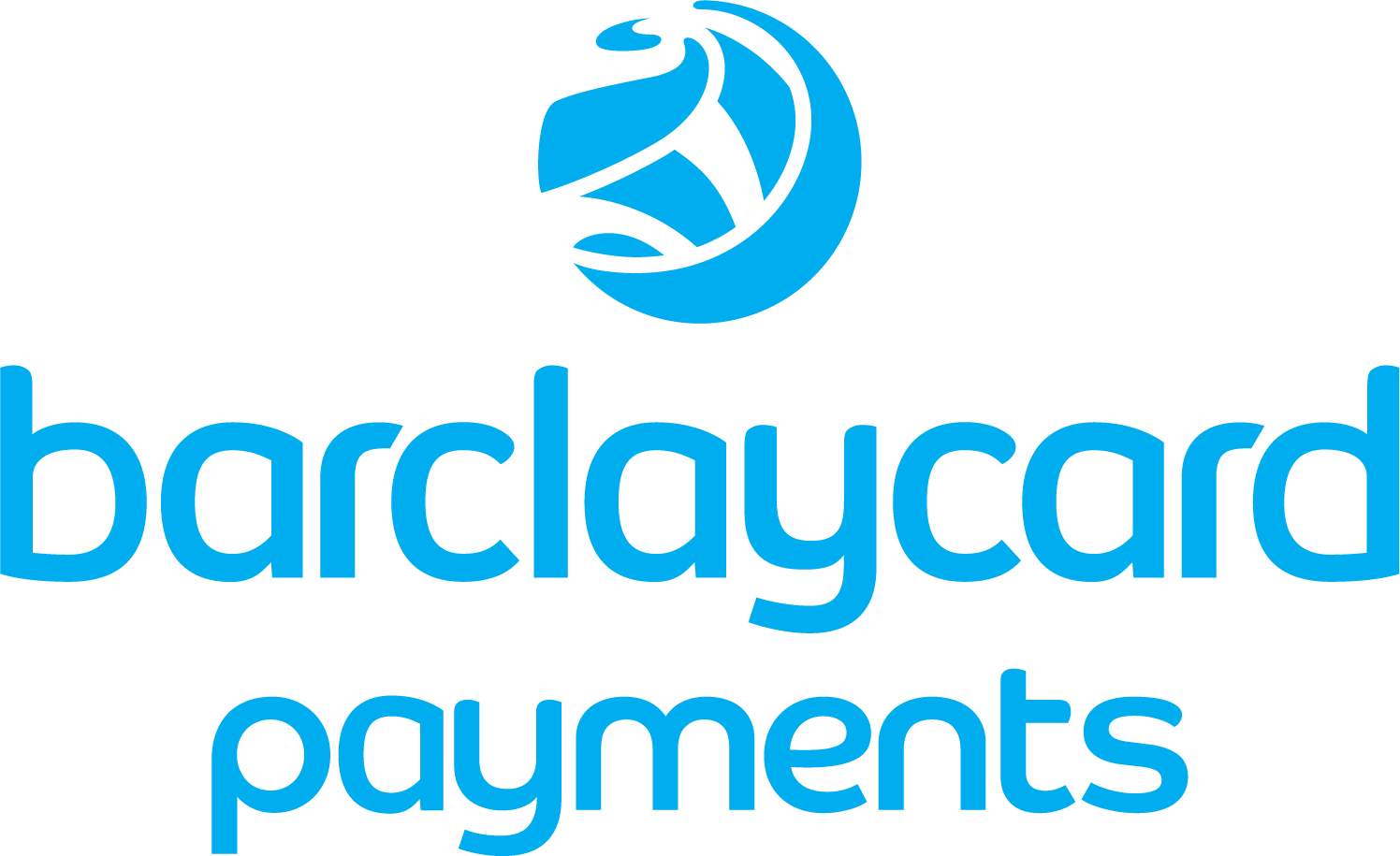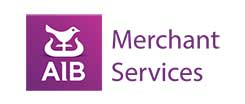- Accept card payments – lowest rates from 0.27%
- Keep your card processing fees to a minimum
- Direct access to the UK’s leading card processing banks
- We ensure your rates always remain competitive
No spam emails or calls
Choose from the payment methods then click Next
What's your turnover each month?
Enter the name of your company
Enter your company's postcode and contact number
Tell us what you need
Fill in our quick form and we’ll give you a call for a brief 5-minute chat to understand exactly what you're looking for.
Get tailored quotes
We’ll match you with up to three of the most competitive offers from our trusted providers that suit your business.
Pick with confidence
We’ll help you understand the options so you can choose the best fit — quickly, clearly, and without any pressure.






Essential Guide to Choosing the Best Payment Card for Your Needs
In today’s fast-paced financial world, selecting the right payment card can make a significant difference in how you manage your money, make purchases, and handle recurring payments. Additionally, understanding card machines, such as those provided by PayStars, is essential for businesses to facilitate various payment methods. Whether you’re deciding between a credit or debit card, understanding the parties involved, fees, interest rates, and security features is crucial.
This guide will help you navigate the key factors to consider when choosing a payment card in the UK, ensuring you pick the best option for your spending habits and financial goals.
1. Understanding the Different Types of Payment Cards
Debit Cards
A debit card is directly linked to your bank account, allowing you to spend only the sufficient funds available in your account. When you make a transaction, the money is immediately deducted from your customer’s bank account.
Key Features:
-
No credit limit – you can only spend what you have.
-
No interest charges since you’re not borrowing money.
-
Accepted for online purchases, in-store payments, and direct debit setups.
-
Typically comes with a PIN for secure transactions.
Best For:
-
Those who prefer to avoid debt.
-
Everyday spending without worrying about repayment.
Credit Cards
A credit card allows you to borrow money up to a pre-set credit limit from the card issuer (the financial institution). You must repay the borrowed amount, either in full by the due date or in minimum payments, which may accrue interest.
Key Features:
-
Flexible spending with a credit limit set by the issuing bank.
-
Can be used for balance transfers, online purchases, and services.
-
May offer rewards, cashback, or travel perks.
-
Interest rate applies if the balance isn’t paid in full.
Best For:
-
Building credit history.
-
Larger purchases that can be paid off over time.
-
Earning rewards on spending.
Prepaid Cards
Prepaid cards require you to load funds onto the card before use. They are not linked to a bank account or credit line.
Key Features:
-
No risk of overspending (only available balance can be used).
-
Useful for budgeting or as a gift card.
-
Often used for online purchases where you don’t want to share bank details.
Best For:
-
Those who want to control spending.
-
Individuals without a bank account.
2. Key Factors to Consider When Choosing a Payment Card
Fees & Charges
Different payment cards come with varying fees, including:
-
Annual fees (common with premium credit cards).
-
Foreign transaction fees (important if you travel).
-
Late payment fees (if you miss the due date).
-
Cash withdrawal fees (applies to credit cards).
Tip: Always check the cost structure before applying.
Interest Rates (APR)
If you’re considering a credit card, the interest rate (Annual Percentage Rate) is crucial. The lower the APR, the less interest you’ll pay on carried-over balances. Some cards offer 0% introductory rates for balance transfers or purchases.
Credit Limit & Spending Power
Your credit limit depends on the card issuer’s assessment of your financial health. A higher limit provides more flexibility but requires discipline to avoid overspending.
Security Features
Look for:
-
PIN and chip technology.
-
Contactless payments (up to £100 per transaction in the UK).
-
Fraud protection (many card schemes like Mastercard offer zero-liability policies).
-
Secure online portal for monitoring transactions.
Rewards & Perks
Some credit cards offer:
-
Cashback on purchases.
-
Travel miles or discounts.
-
Purchase protection and extended warranties.
Ease of Use & Acceptance
Ensure your card is widely accepted (e.g., Mastercard, Visa). Check if it supports:
-
Recurring payments (like subscriptions).
-
Direct debit setups for bills.
3. How to Apply for a Payment Card in the UK
Step 1: Check Your Eligibility
-
Debit cards require a bank account.
-
Credit cards depend on your credit score and income.
Step 2: Compare Options
Use comparison tools to evaluate:
-
Interest rates.
-
Fees.
-
Rewards.
Step 3: Apply Online or In-Person
Most financial institutions allow applications via their online portal. You’ll need:
-
Personal details.
-
Proof of income (for credit cards).
Step 4: Activate & Start Using Your Card
Once approved, simply follow the issuer’s instructions to activate your card.
4. Managing Your Payment Card Responsibly
Track Spending
-
Keep receipts.
-
Monitor transactions via your bank’s online portal.
Pay On Time
Avoid late fees by setting up direct debits for the minimum payment.
Avoid Excessive Debt
-
Only spend what you can repay.
-
Use balance transfers wisely if consolidating debt.
Protect Your Card Details
-
Never share your PIN.
-
Use secure websites for online purchases.
5. Frequently Asked Questions (FAQs)
Q: Should I choose a credit or debit card?
A: If you want to avoid debt, a debit card is best. If you need flexibility and can repay on time, a credit card may be better.
Q: How does a credit card affect my credit score?
A: Responsible use (paying on time, low balance) improves your score. Missing payments can negatively affect it.
Q: Can I use my UK payment card abroad?
A: Yes, but check foreign transaction fees and inform your bank to avoid blocks.
Choosing the right payment card depends on your spending habits, financial goals, and ability to manage debt. Whether you opt for a debit card, credit card, or prepaid option, understanding the fees, interest rates, and security features will help you make an informed decision.
By comparing card schemes, assessing your needs, and using your card responsibly, you can maximise convenience while keeping costs low. Simply follow this guide to find the best payment card for your lifestyle in the UK.